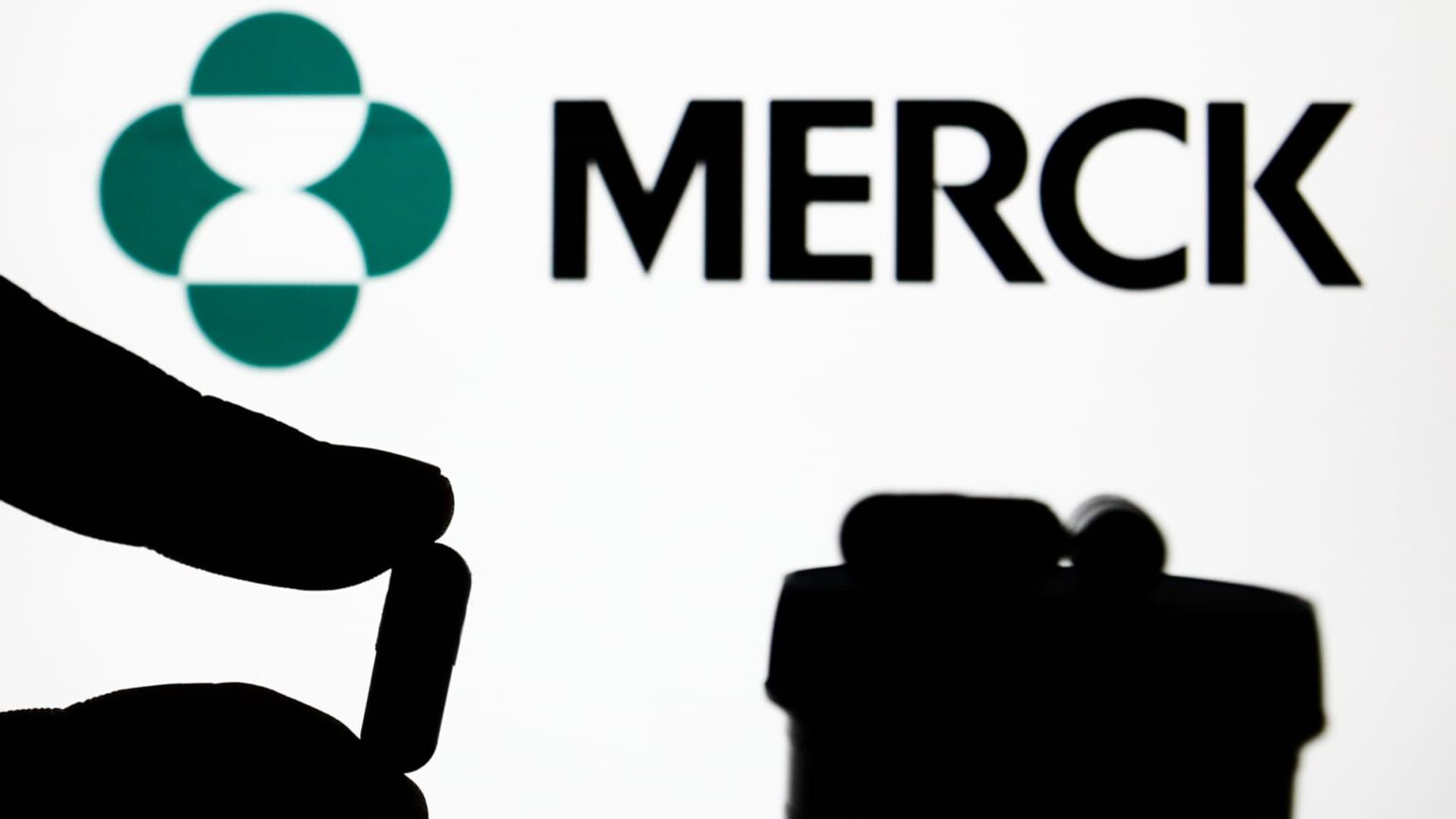Merck Adjusts Full-Year Profit Guidance Amid Tariff Challenges
On Thursday, Merck announced an adjustment to its full-year profit guidance, citing expected tariff costs amounting to approximately $200 million and a one-time charge related to a licensing agreement.
Revised Earnings Projection
The pharmaceutical giant has revised its adjusted earnings forecast for 2025, now predicting figures between $8.82 and $8.97 per share, a slight decrease from its earlier projection of $8.88 to $9.03.
The majority of the challenged earnings are attributed to tariffs imposed in trade relations between the U.S. and China, with additional impacts from Canada and Mexico. Merck has established a significant presence in China, a key market that harbors numerous partners as well as manufacturing and R&D facilities.
Importantly, this forecast does not include potential tariffs on pharmaceuticals imported into the U.S., a move that has prompted various drug manufacturers to strengthen their domestic operations, including Merck’s projected $12 billion investment in U.S. manufacturing and R&D by the end of 2028.
Q1 Financial Performance Highlights
Despite the profit guidance revision, Merck reported a solid performance in the first quarter, with revenue and profit that exceeded analysts’ expectations. Key figures include:
- Earnings per Share: $2.22 adjusted vs. $2.14 expected
- Revenue: $15.53 billion vs. $15.31 billion expected
The company posted a net income of $5.08 billion, translating to $2.01 per share, up from $4.76 billion or $1.87 per share during the same quarter the previous year. Excluding costs related to acquisitions and restructuring, Merck’s earnings remained at $2.22 per share, while total revenue declined by 2% compared to the previous year’s quarter.
Strong Performance in Oncology and Animal Health Sectors
Merck’s pharmaceutical unit achieved $13.64 billion in sales, a decrease of 3% year-over-year. The renowned cancer treatment Keytruda generated $7.21 billion in revenue, representing a modest 4% increase, fueled by heightened usage for earlier-stage cancers. However, this total fell short of the anticipated $7.43 billion.
Additionally, two recently launched drugs have begun to make a significant impact on revenue. Winrevair, targeting a rare lung condition, and Capvaxive, a pneumococcal vaccine, are contributing to the company’s growth, especially given that Keytruda is expected to lose exclusivity by 2028.
Animal Health Division Growth
The animal health sector also displayed robust growth, generating nearly $1.59 billion in sales, an increase of 5% from the previous year. This growth is attributed to rising demand for livestock products and contributions from Elanco’s aqua business, acquired last year.
Challenges in the Chinese Market
Merck continues to grapple with issues regarding the sales of Gardasil, its HPV vaccine, particularly in China, which constitutes a sizeable portion of its international revenue. In February, the company suspended shipments of Gardasil to China through at least mid-2025 due to declining demand.
Despite efforts to enhance uptake through broader approval for male vaccinations, Gardasil’s sales fell to $1.33 billion, down 41% from the same quarter last year and underperforming against analyst expectations of $1.45 billion. China’s retaliatory tariffs of up to 125% on American goods also represent a significant hurdle for Merck’s international strategy.
As the company moves forward, investors await further insights during the upcoming earnings call regarding Merck’s strategies to navigate these challenges and sustain its growth trajectory in pharmaceutical and animal health markets.
